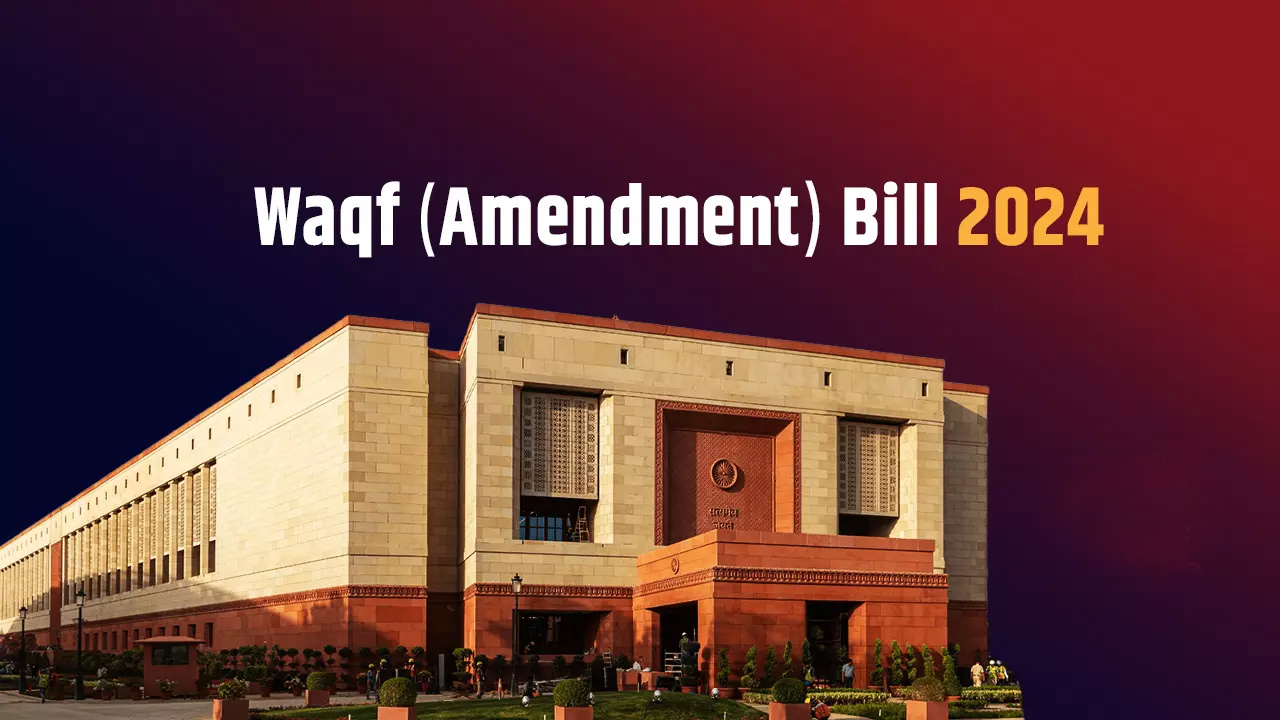NEW DELHI, Dec 1: The Parliamentary committee examining the Waqf (Amendment) Bill has requested information from various State Governments regarding the authenticity and current status of Waqf properties. This follows the Sachar committee’s claims that these properties are occupied without authorization, according to sources.
The Parliamentary committee, whose mandate has been extended by the Lok Sabha until the conclusion of the next Budget Session, has also asked states for details on the properties asserted by Waqf boards under Section 40 of the Waqf Act.
Section 40, amended during the Congress-led UPA regime in 2013, is a highly contentious aspect of the current law, granting Waqf boards authority to determine property ownership regarding Waqf.
The proposed legislation has drawn criticism from opposition parties and various Muslim organizations for purportedly interfering in religious affairs, seeking to limit this authority while implementing numerous other amendments to the existing Act.
Sources indicate that the parliamentary panel aims to follow up on the Sachar committee’s observations about Waqf properties allegedly occupied without authorization by state governments or their agencies.
In 2005-06, various state Waqf boards reported to the Sachar committee regarding these alleged unauthorized occupations.
The parliamentary committee has been gathering information from states through the Union Ministry of Minority Affairs.
Led by BJP MP Jagdambika Pal, the panel has identified 316 properties in Delhi, 60 in Rajasthan, and 42 in Karnataka, as reported by the Sachar committee in 2005-06.
Additionally, there were 53 properties in Madhya Pradesh, 60 in Uttar Pradesh, and 53 in Odisha.
The committee has requested updates from all six states, and information has been received from several other states as well.
“The Chief Ministers of these states are requested to thoroughly investigate the accuracy of the information in the Sachar Committee Report… and provide detailed updates to this Committee,” a source mentioned, referencing the communication.
State governments have also been asked to furnish details about cases where their agencies are engaged in legal disputes with Waqf boards over property ownership or possession, acknowledging that the Sachar Committee’s list was not comprehensive.
The UPA Government established the Sachar Committee in 2005 to assess the social, economic, and educational status of the Muslim community in India.
Its 2006 report highlighted the disadvantaged position of Muslims across these indicators and recommended various measures.
On November 28, the Lok Sabha passed a resolution to extend the tenure of the Joint Committee on the Waqf (Amendment) Bill until the final day of the Parliament’s Budget session next year.
The meetings of the Parliamentary panel have turned into a political arena, with intense discussions between ruling BJP members and opposition representatives regarding the proposed changes.
Opposition members had advocated for an extension of the committee’s tenure, originally set to conclude on November 29, and the committee reached a unanimous decision to seek more time despite Pal’s earlier claims of readiness with the draft report.
Pal has maintained that he has considered the perspectives of all opposition members, refuting their claims of “bulldozing” the committee’s proceedings. (Agencies)


Leave a Reply